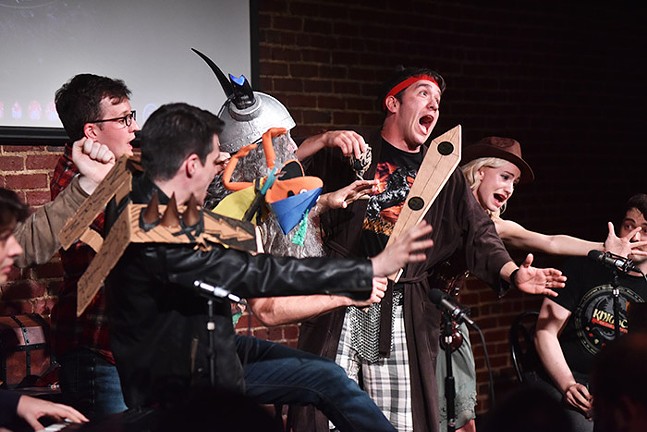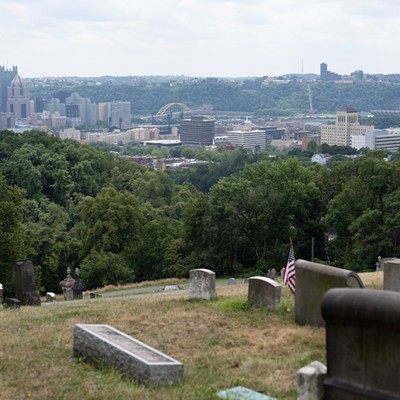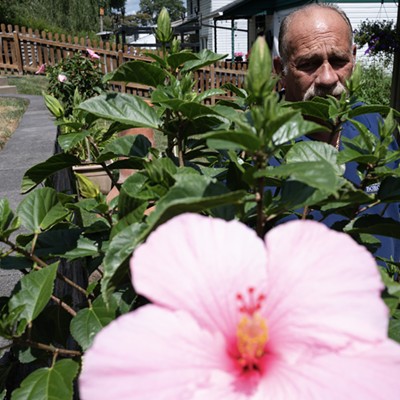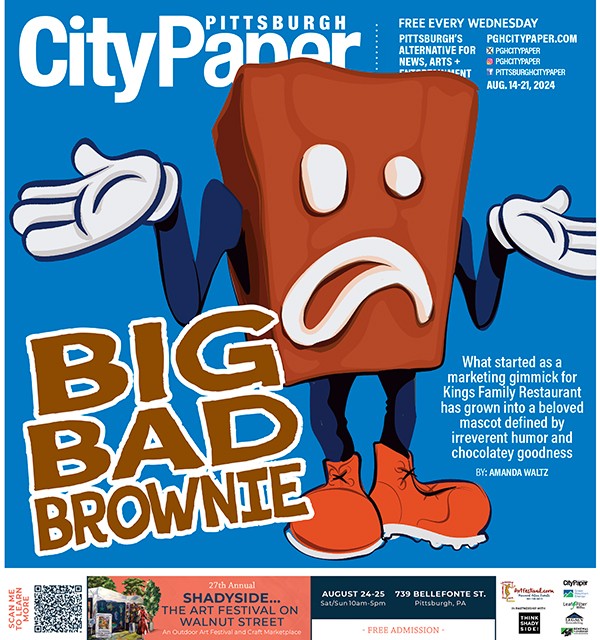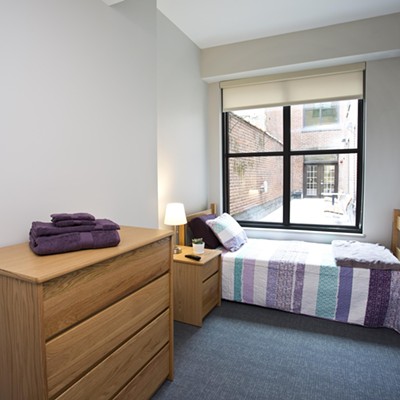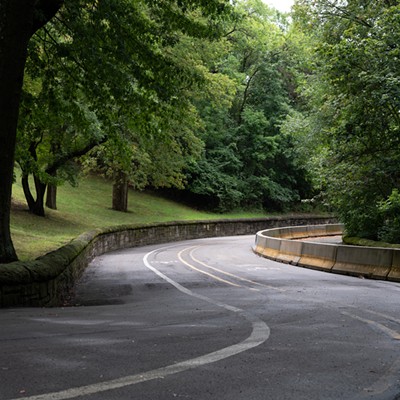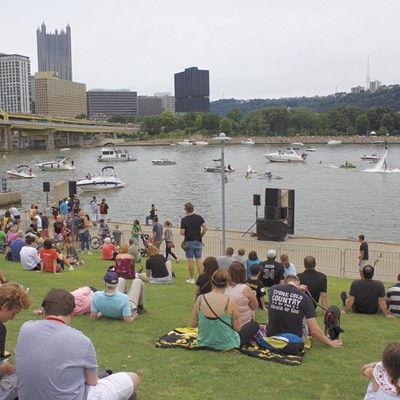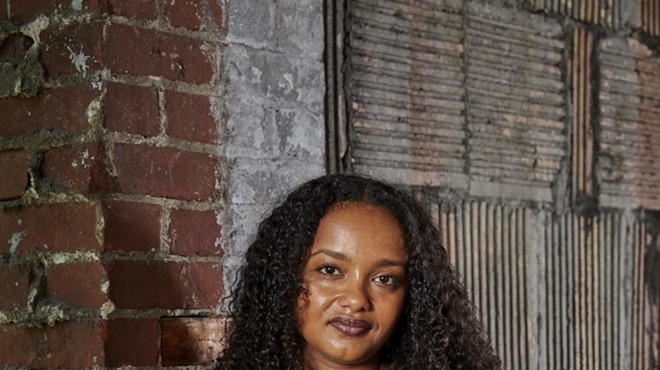It's doubly hard for Casey Droege, who runs both the CDCP Project Space in Wilkinsburg and Small Mall, which sells work by local artists and makers.
“At first we tried to stay open with heavy focus on hygiene and health safety,” says Droege. “But then we shut down our spaces when [Allegheny County] called for it.”
Now, she and her staff have canceled all exhibitions and other events through the end of April, with the hope that they can at least reschedule them for the upcoming summer or fall. She wonders how the shutdown will affect her staff and the artists Small Mall sales helped to promote and support.
“Because we're losing income, the artists that we serve are also losing income,” she says. “We're hoping that supporters will buy work online from us to keep our ecosystem pumping, but it's certainly difficult for all of us.”
Without audiences, performers are also feeling the brunt of COVID-19. Jason Clark, general manager at the Arcade Comedy Theater in Downtown Pittsburgh, worries how the local comedy community will fare after Arcade, like many comedy clubs across the country, finally went dark last Friday.
“Just the understanding that you're not sure when you're going to have laughter in the building again,” he says, “it was emotional.”
To ensure that Arcade can return, he and his staff, including director of programming, Mike Rubino, are still planning for future shows as soon as May. Clark says they're also working with the building's owner and landlord, the Pittsburgh Cultural Trust, to figure out how to pay rent down the line. They also launched a fundraising campaign and plan on keeping Arcade in the public consciousness by releasing videos of past shows that the public can enjoy online.
But Clark says he and his team mostly worry about the emotional and financial well-being of a community now unable to do what it loves.
“We are performers, we are artists, and we have to find a way to get that out,” he says, adding, “That's the fight in us. That's why we continue to plan for events throughout 2020, because we have to be here for our artists.”
The artists have also been there for Arcade. He points out how Knights of the Arcade, a local improv group that blends comedy and tabletop role-playing fantasy games, has been performing shows virtually and donating any proceeds to the Arcade. Knights member, Brad Stephenson, says they plan on doing live online shows about every two weeks during the COVID-19 response period.
Like Clark and Droege, Nina Marie Barbuto, executive director of Assemble, worries how the community that depends on her Garfield-based nonprofit arts space will weather the situation. She says they had to postpone all of their after-school programs and 21+ nights, and are uncertain if they will be open during the monthly Unblurred First Friday Gallery Crawl set for April.
“Not knowing what to do and how much we should plan to be shut down for has been the hardest of the stressors,” says Barbuto.
It's especially concerning, she says, given that Assemble often serves as a safe, welcoming space for local young people.
“We are concerned about our youth and their families,” says Barbuto, adding that, beyond the services Assemble provides, many children and teens are without a support system now that area schools have shut down.
Barbuto also worries about Assemble's part-time educational staff, who run the off-site school and after-school programs that are now on hold.
“If we are not delivering the program, we are not getting paid and we are unable to pay our teachers with those funds,” she says, adding that she and her staff have been in contact about possible financial resources, such as artist-support grants and funds, and filing for temporary unemployment.
However, she feels thankful for peers who have stepped in to “think about the big picture” and “keep folks informed.” Barbuto has found support as part of a Peer Operations Network that connects local arts and nonprofit leaders, and credits people like Rebekah Jenkins of Grow Pittsburgh, Dana Bishop-Root of the Braddock Library, and D.S. Kinsel of BOOM Concepts and Lawrenceville United for lending a helping hand.
She believes the COVID-19 response only enhances what artists and nonprofits have always dealt with together, and encourages anyone dealing with hardships related to the crisis to ask for assistance.
“If you need help, ask,” she says. “People are here for you. You are not alone. You still belong.”
Donate to Assemble (assemblepgh.org/support), Casey Droege Project Space (newsunrising.org/project/casey-droge-cultural-productions), and Arcade Comedy Theater (arcadecomedytheater.com/fundraising)

